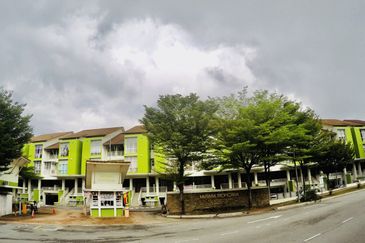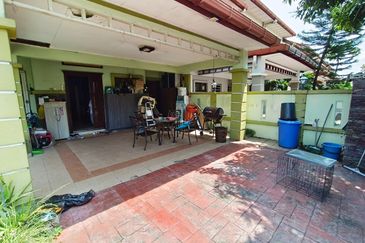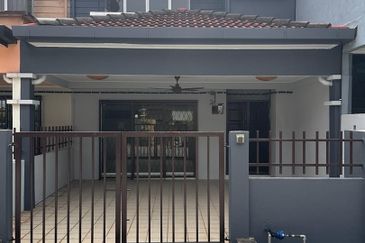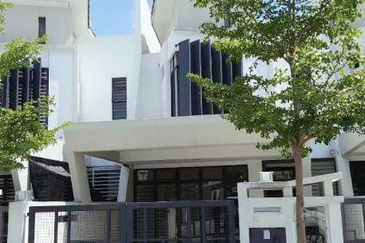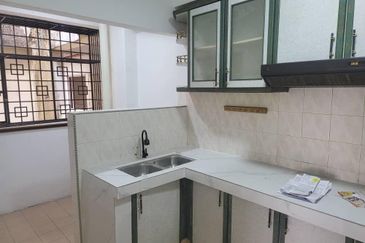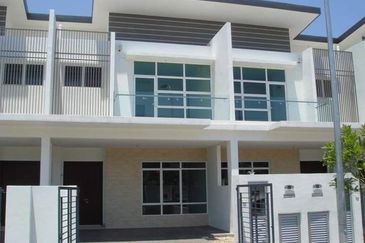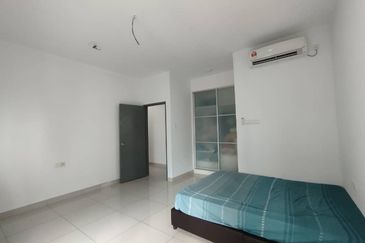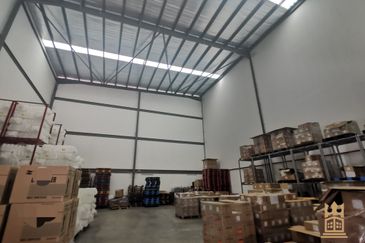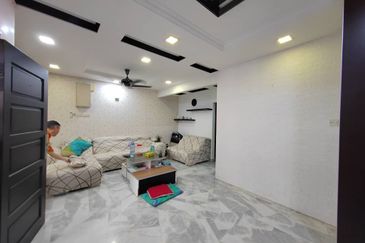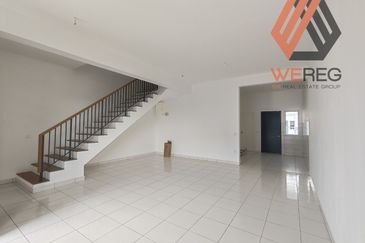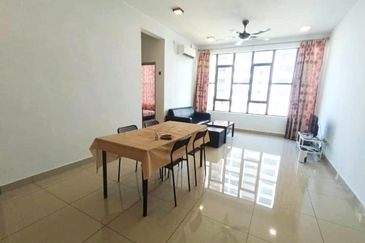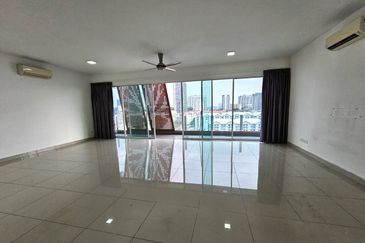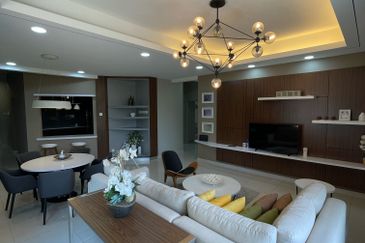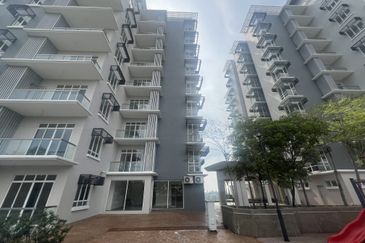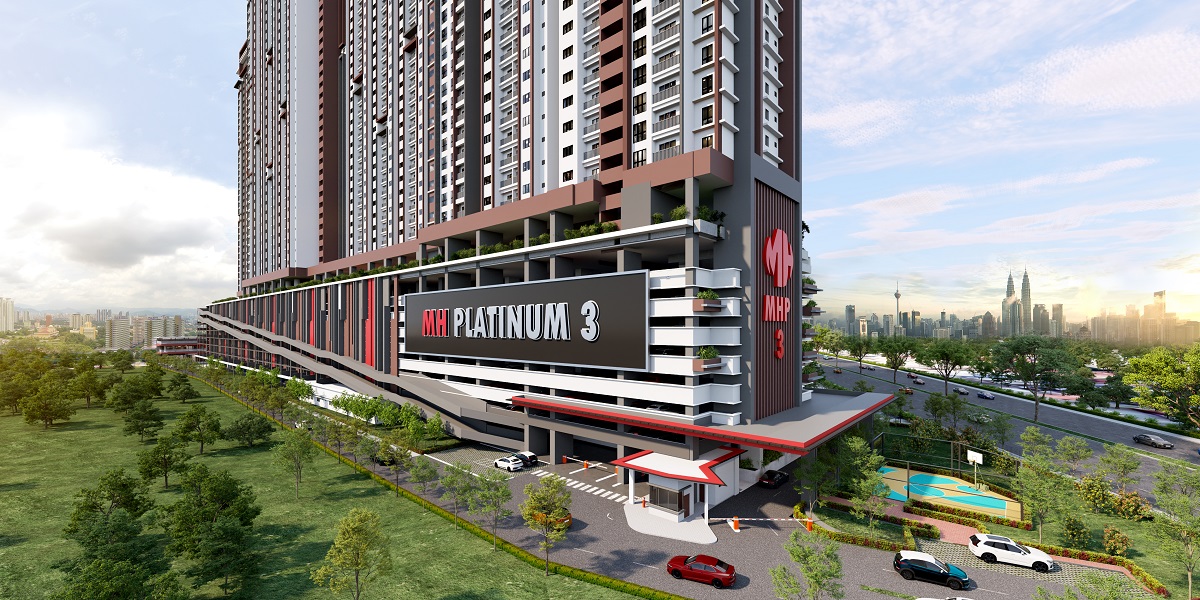LONDON: Unlike most sectors during the global economic downturn, the UK's leisure and hotel sectors experienced smaller-than-average capital value falls, much like they did in the early 1990s. Capital Economics, an international independent macro economics research consultancy reported in its UK commercial property update that much of the relative outperformance of leisure and hotels this time around can be attributed to the weak exchange rate.
The fact that leisure and hotels were immature sectors 20 years ago should be taken into consideration when contemplating why they outperformed back then, and were able to generate yields considerably higher than the all-property average at the peak of the market in the late 1980s. This means there was no need for leisure and hotels capital values to undergo a bigger fall than the all-property average during the downturn, said Capital Economics.
However, since then, the leisure and hotels sectors have matured. At the market’s peak in 2007, the two sectors had far smaller yield spreads over the all-property average than in the late 1980s. Capital Economics suspects that the 20% to 25% depreciation in the exchange rate since mid-2007 was the reason leisure and hotels held up better than the wider market during the recent downturn, rather than the issues of sector size, relative value and popularity with investors.
Overseas visitors to the UK in the first eight months of 2009 were 7% lower than the same period in 2007 and 10% lower than in 2008. Despite this, in the case of hotels, the weak pound has in some way offset the adverse impact on profits and they would have dropped by more if the pound had not fallen.
Compared with 2007 and 2008, UK residents’ visits abroad were down by 14% and 16% respectively, in the first eight months of 2009 and the average hotel occupancy in the UK decreased by only 1% year-on-year in September while in London, it increased by 4%. Capital Economics believes that this supports anecdotal evidence of a “stay-cation” trend over summer 2009, helping to support hotel demand within the UK.
Capital Economics said the weak exchange rate may also have been a key factor in bringing about the outperformance by leisure property during the downturn. This has in turn boosted domestic tourism and allowed overseas tourists to spend more, supporting overall spending on entertainment and recreation activities.
The capital values in the hotels sector rose by 1.8% in 3Q2009, a little higher than the all-property increase of 1.5%, which may have been partly brought about by the recovering US economy. Capital Economics has a less encouraging outlook for leisure property, believing it might take a long time for UK households to rebalance their finances.
TOP PICKS BY EDGEPROP
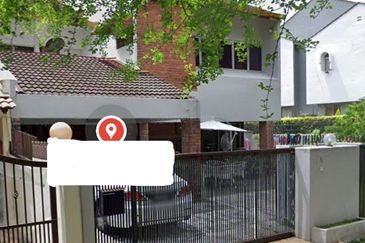
Taman Tun Dr Ismail (TTDI)
Taman Tun Dr Ismail, Kuala Lumpur
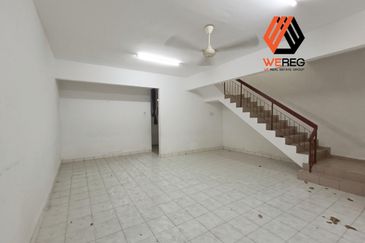
Bandar Bukit Tinggi
Bandar Botanic/Bandar Bukit Tinggi, Selangor
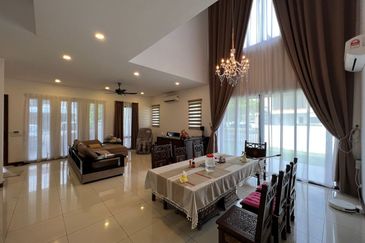
Bandar Rimbayu
Telok Panglima Garang, Selangor
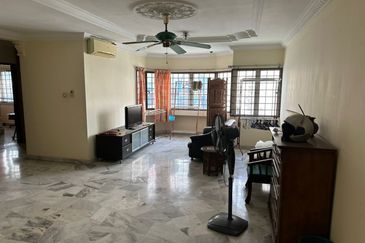
De Tropicana Condominium
Kuchai Lama, Kuala Lumpur

